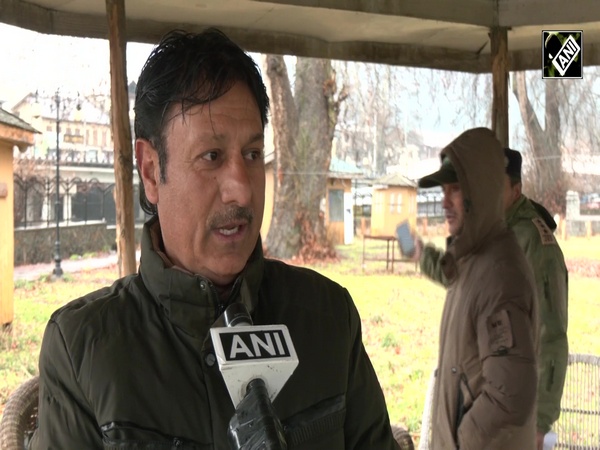Study: Students from lower socio-economic groups have reduced sport participation levels
Feb 06, 2021

Washington [US], February 6 : While taking part in recreational and sports activities is an essential part of one's physical fitness, the findings of new research suggest that students from lower socio-economic groups (SEG) are less likely to participate in sport or physical activity at university.
The research, led by Sheffield Hallam University, was published in the journal 'Sport, Education and Society'.
The main barriers affecting participation were found to be down to the cost of being part of a sports team, lack of time due to academic commitments, part-time working or their social life taking precedence, and limited prior knowledge of and participation in a sport before starting university.
Funded by British Universities and Colleges Sport, the study surveyed over 700 students from 20 universities and found those that had participated in sport and physical activity prior to starting university were more likely to continue participating when at university, regardless of socio-economic group.
New students to university were unlikely to take up a sport that they hadn't done previously, and confidence to try new activities declined with age. Other university-specific factors affecting participation included facilities and accessibility and whether or not students lived on or close to campus or commuted to university.
A large proportion of commuting students were in the low SEG group and were found to be less likely to be involved in university sports clubs and access university facilities, but they were found to be more likely to maintain any existing participation at home.
Dr Kerry Griffiths of the Sport Industry Research Centre at Sheffield Hallam, said, "Evidence suggests that participation in sport and physical activity declines as young people reach university age and it is clear that universities should have a key role in maintaining existing participation as well as in engaging and sustaining participation in potential new participants."
"There is also evidence to show that people from low socio-economic groups are less likely to participate in sport and physical activity at all ages," added Dr Griffiths.
Dr Griffiths noted, "Universities could build on their outreach programmes with schools or local communities to look at ways in which they could help to develop sporting habits at an earlier age."
Griffiths further stated that "For those that do come to university as existing sport participants, there is a need to ensure that they have the right opportunities, support, and encouragement to be able to continue to participate. Exploring or developing links with local community clubs may also be a useful strategy to enable participation to be sustained amongst existing participants."




















